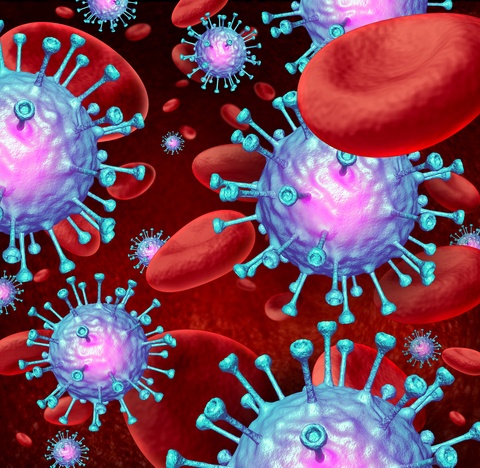Understanding Immune Modulation in Malignant Pleural Effusion
Malignant pleural effusion is a serious condition where cancer cells spread to the lining of the lungs. This leads to…
A vast amount of studies suggest that immunotherapy may represent an effective new treatment approach for malignant mesothelioma. Learn your options here.









